
Research by the Dutch Media Authority shows that 78% of Dutch youth get their news mainly from social media, in particular Instagram, TikTok and YouTube, reports Wilfred Takken in the Dutch NRC newspaper today. The research [link in Dutch] was conducted by…
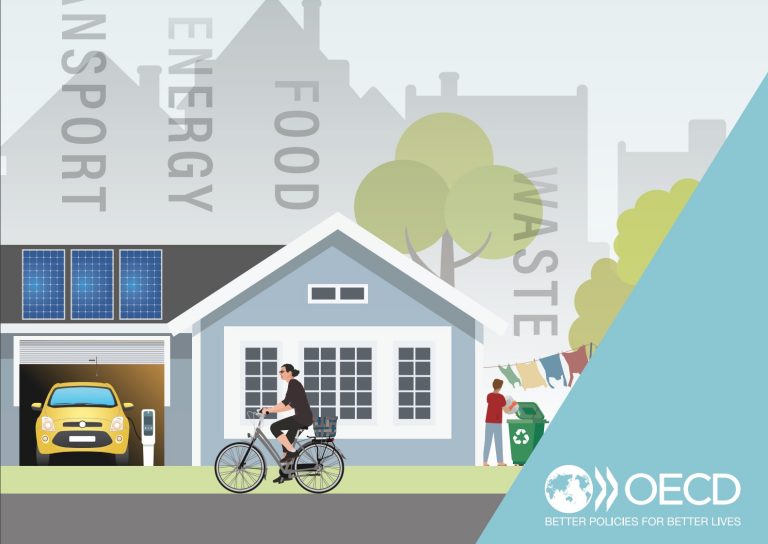
How Green is Household Behaviour? presents an overview of results from the 2022 OECD Survey on Environmental Policies and Individual Behaviour Change. The survey investigates household attitudes and behaviour with respect to energy, transport, waste and food systems.
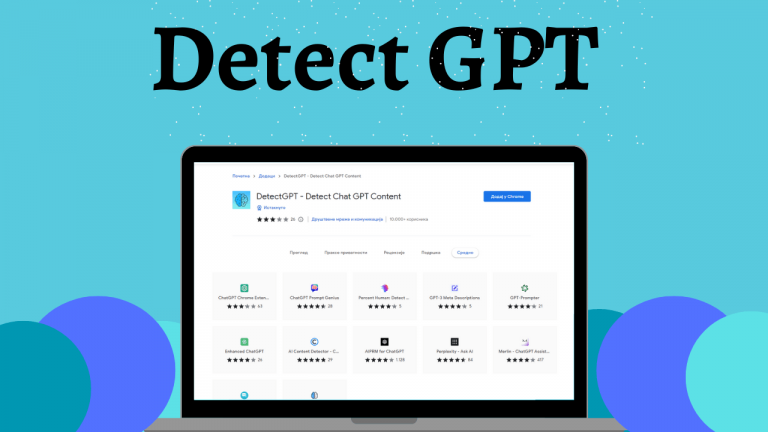
If you're a non-native English writer, you should know GPT detectors are biased against you.

This study has collated evidence which on balance indicates a strong case to reform digital advertising. It indicates that the status quo is unsustainable for individuals, publishers and advertisers.

This report by the IndustryLab of Ericsson, the Swedish multinational, aims to introduce the ethics of AI and explore how this fast-growing technology needs to align with humans’ moral and ethical principles if it is to be embraced by society at large.

“The challenge is that a consumer doesn’t see the true value that manufacturers see in terms of how that data can help them in the long run. So they don’t really care for spending time to just connect it.”

To live up to its mission of understanding the representational and computational capacities of the human mind, cognitive science needs to broaden the linguistic diversity represented in its participants and researchers.

In the three years since the last Global Happiness and Well-Being Policy Report, governments have faced a cascade of challenges to the well-being of their populations.
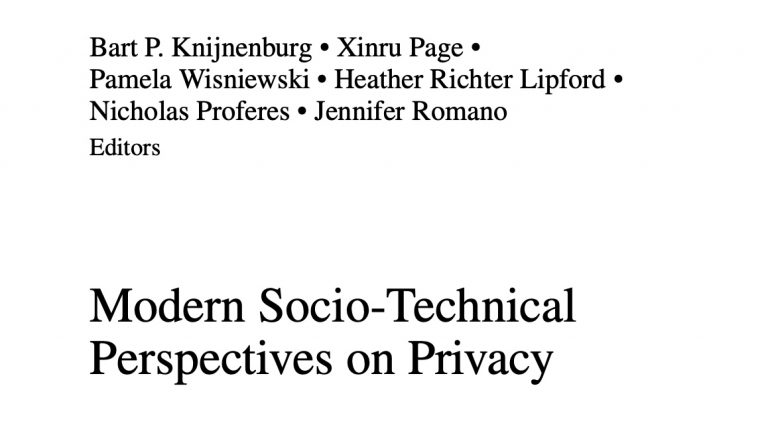
Provides a foundational understanding of technical and social aspects related to online privacy
Covers modern application areas as well as underexplored issues (e.g., privacy accessibility, cross-cultural privacy)
Includes a dedicated part on forward-looking approaches to privacy that move beyond one-size-fits-all solutions.
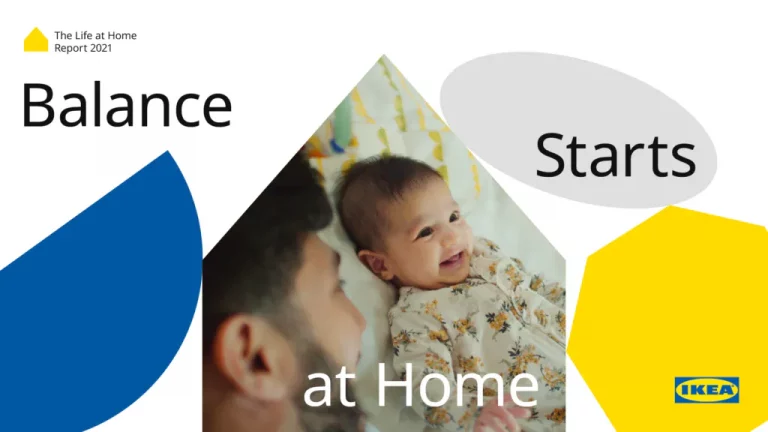
Global research released by IKEA Retail (Ingka Group) reveals the vital role that home has played in meeting people’s mental wellbeing needs during the pandemic.

Research shows public deliberation can change participants’ opinions when it comes to public policy. Citizens who participate in mini-publics often listen to the arguments of others and form different views. They also often produce robust decisions, which are then - unfortunately - ignored by policy makers.

Research in US, Denmark, Hungary and Italy suggests that the ongoing pandemic places many countries at an increased risk of political unrest. The violence that marked some of the 2020 demonstrations was likely a manifestation of the psychological toll the pandemic has had on citizens.
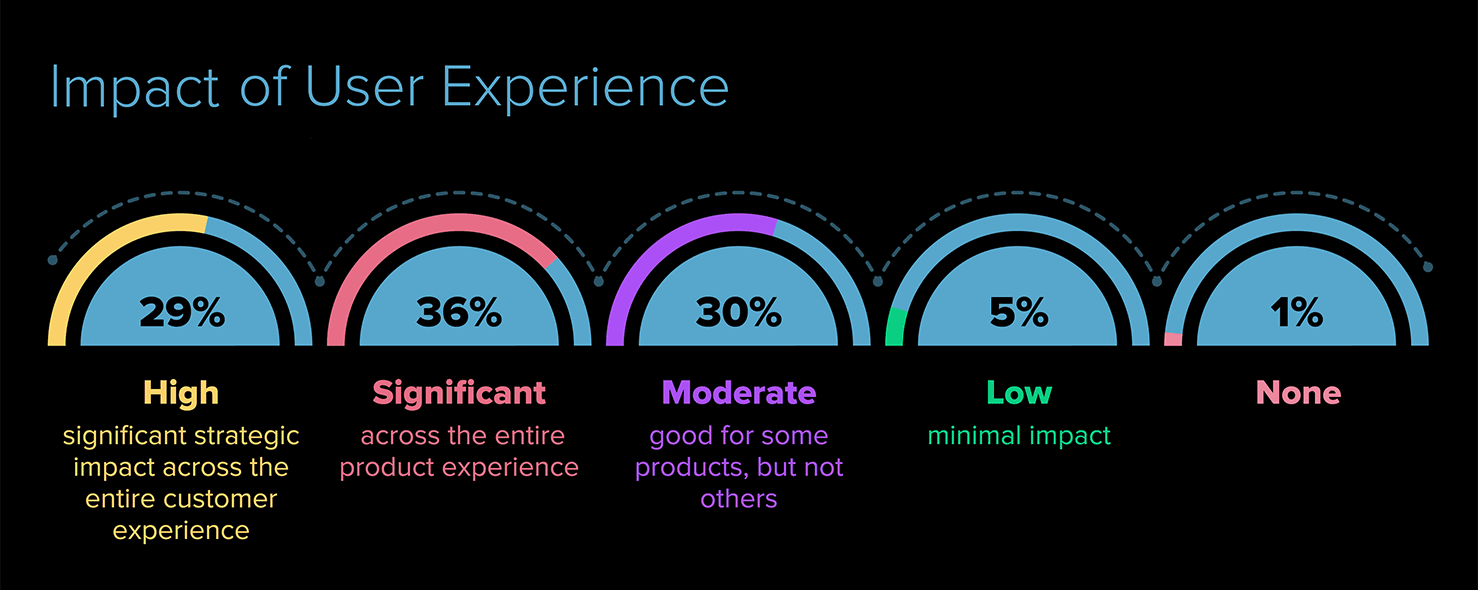
UXmatters and the UX research consultancy User Fountain recently teamed up to survey UX professionals around the world on the role of User Experience within their organization. The Role of UX: 2020 Benchmark Study explores UX roles, tools, methods, and organizational structures, as well as organizations’ various levels of UX maturity.

But scientists are getting better at measuring where each system fails.
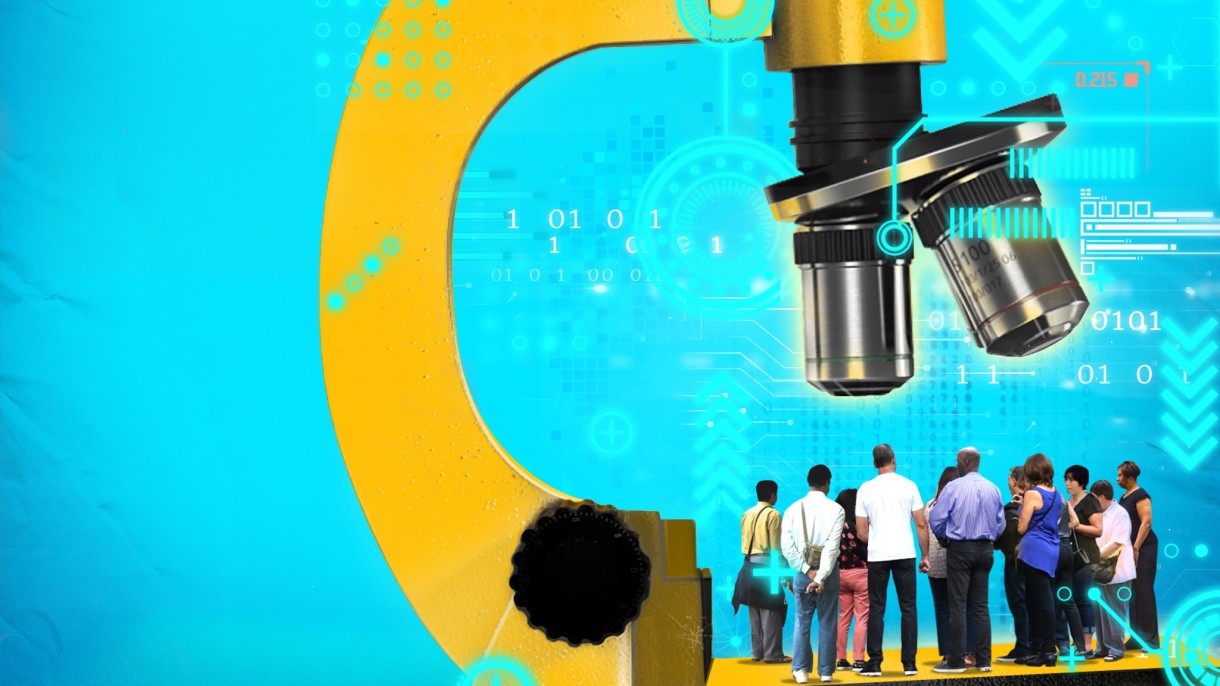
In a world shaped by one AI, artificial intelligence, we need a second AI, too — anthropology intelligence, writes Gillian Tett in the Financial Times.

The COVID-19 pandemic is changing how we work, travel, communicate, shop and more, but which new habits are likely to stick permanently? The authors explore five key behavioural changes and their implications for risk and protection.

This special issue collects six articles tackling artificial intelligence (AI) from a social science perspective.
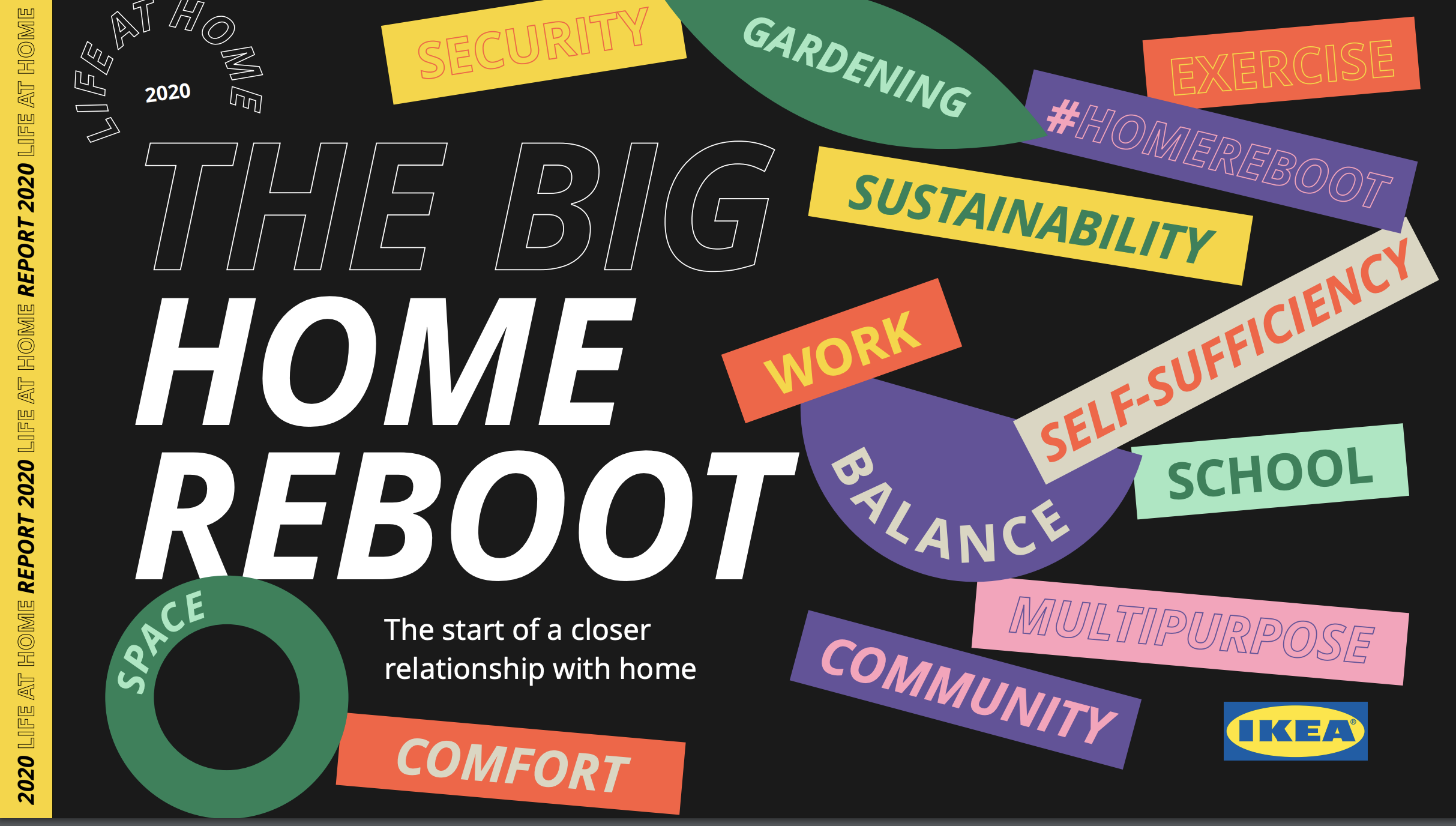
IKEA just launched its seventh Life at Home Report, exploring how people have grown closer to their homes in this extraordinary year

It will take years to recover from covid-19. This edition of Konzept, the online magazine of Deutsche Bank Research, analyses the many different ways in which the world will be different and outlines options to deal with the most difficult challenges our societies and economies now face.
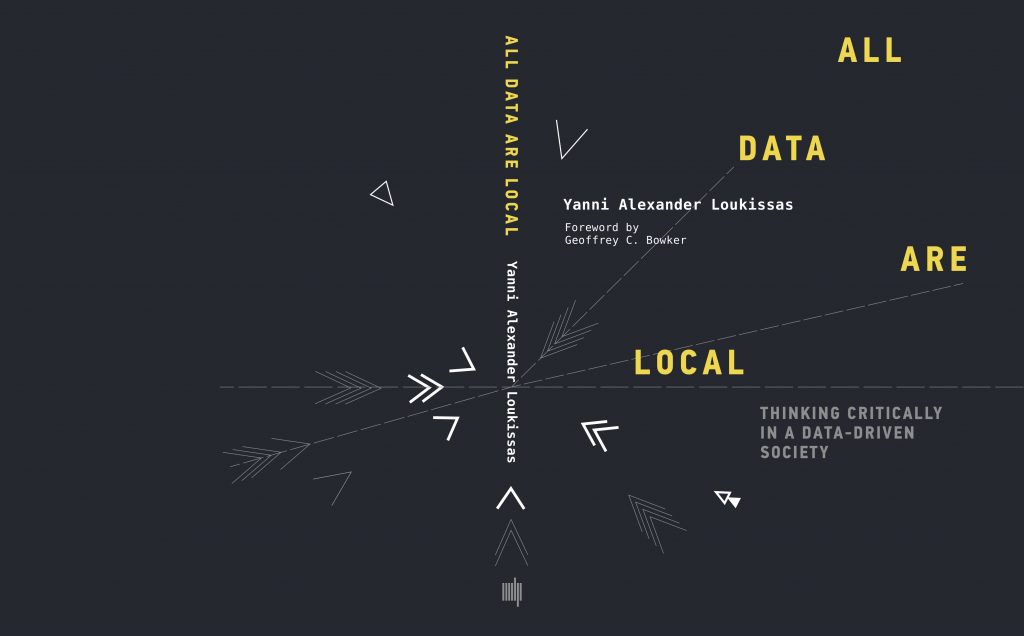
In our data-driven society, it is too easy to assume the transparency of data. Instead, we should approach data sets with an awareness that they are created by humans and their dutiful machines, at a time, in a place, with the instruments at hand, for audiences that are conditioned to receive them, says Yanni Alexander Loukissas, Assistant Professor of Digital Media in the School of Literature, Media, and Communication at Georgia Tech.




















